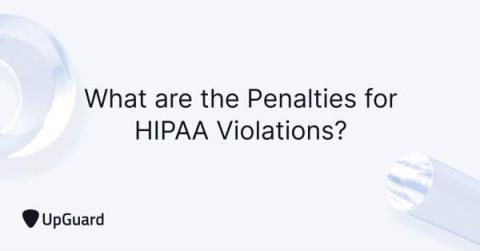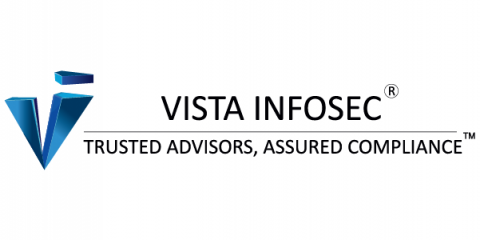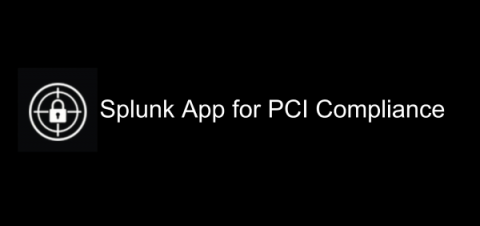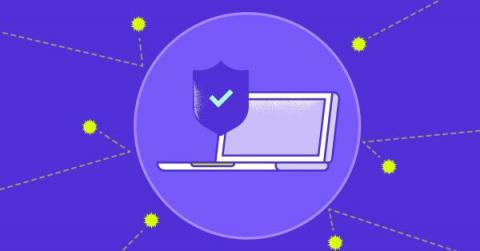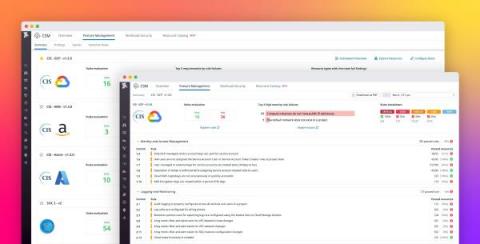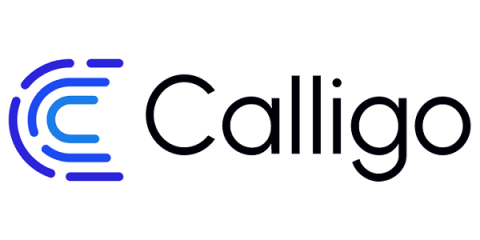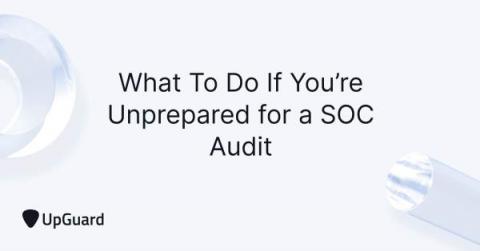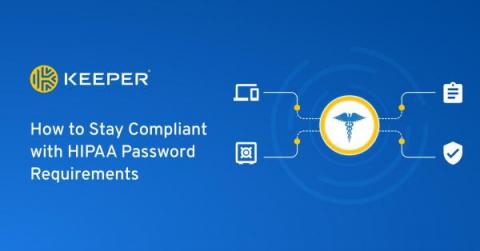3 Things You Can Do to Be More Secure Online
Over the last several decades, the world has become more and more digital. From banking online to interacting with friends on social media, the internet has radically altered how we interact with the world. While digital technology has empowered us in many ways, it has also brought some significant risks with it. Cyber-criminals have become savvier, putting your personal information and digital assets at risk.



